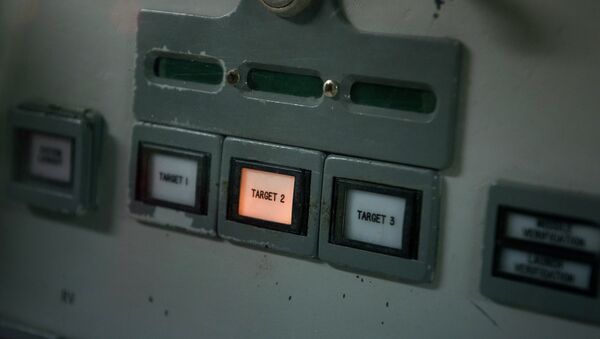“It has come to our attention that the United States is mulling a possible response to Russia’s alleged treaty violations, all the way to a potential deployment, in direct vicinity of the Russian borders, of medium- and shorter-range missiles, banned by the provisions of the INF Treaty. If implemented, these plans would effectively scrap the non-deployment regime with all that this implies. We urge the United States to ensure the fullest possible implementation of the INF Treaty,” the statement said.
The 1987 Intermediate-Range Nuclear Forces (INF) Treaty required the United States and the Soviet Union to eliminate and permanently forswear all of their nuclear and conventional ground-launched ballistic and cruise missiles with ranges of 500 to 5,500 kilometers.
The treaty marked the first time the superpowers had agreed to reduce their nuclear arsenals, eliminate an entire category of nuclear weapons, and utilize extensive on-site inspections for verification.
As a result of the INF Treaty, the United States and the Soviet Union destroyed a total of 2,692 short-, medium-, and intermediate-range missiles by the treaty's implementation deadline of June 1, 1991.
Neither Washington nor Moscow now deploys such systems.



